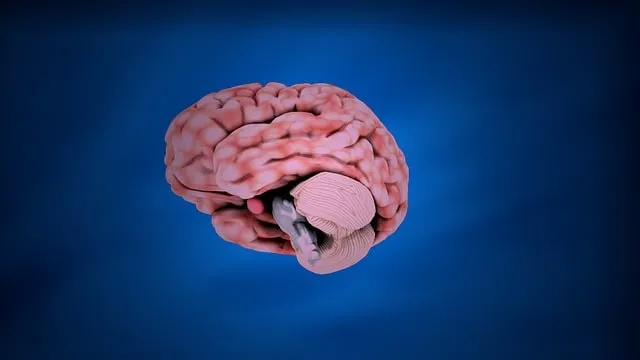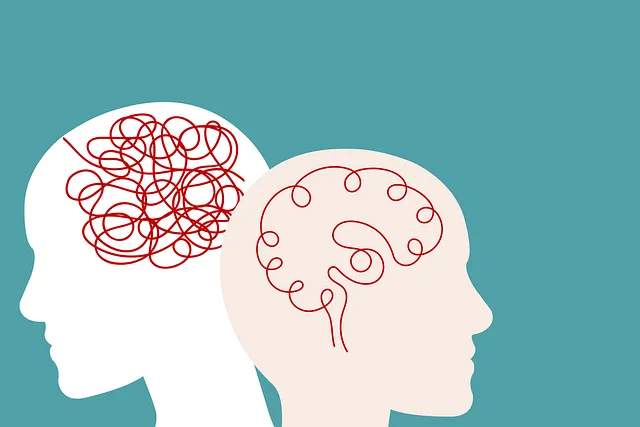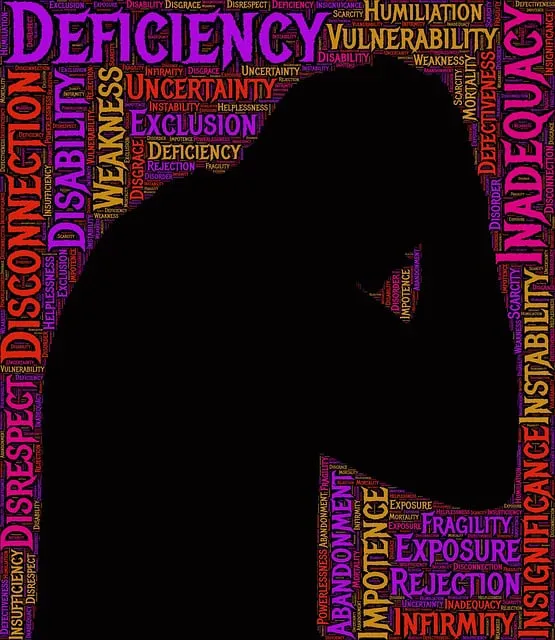The RFM framework, endorsed by Kaiser Permanente, enhances mental well-being by combining resilience, mindfulness, and compassion cultivation. Kaiser Permanente in Parker prioritizes mental health through innovative programs like Trauma Support Services and Mental Wellness Journaling Exercises. Implementing RFM in their services offers a transformative approach to patient well-being, fostering resilience, adaptability, and emotional regulation through workshops, group sessions, and personalized guidance, improving stress management and preventing conditions like depression.
“Resilience is a powerful tool in maintaining mental well-being, especially in challenging times. The RFM (Resilience, Flexibility, and Mastery) model offers a structured approach to enhancing resilience, as demonstrated by healthcare pioneer Kaiser Permanente. This article explores the impact of RFM on mental health, drawing from Kaiser Permanente’s successful strategies. We then provide a comprehensive guide for Parker communities on implementing RFM exercises, offering step-by-step insights tailored to the healthcare sector.”
- Understanding RFM and Its Impact on Mental Well-being
- Kaiser Permanente's Approach to Resilience Building Exercises
- Implementing RFM in Healthcare: A Step-by-Step Guide for Parker Communities
Understanding RFM and Its Impact on Mental Well-being

Understanding RFM—a powerful framework that combines resilience, mindfulness, and compassion cultivation practices—is essential for enhancing mental well-being, especially in today’s fast-paced world. This approach, advocated by organizations like Kaiser Permanente, focuses on building inner strength to navigate life’s challenges effectively. By integrating RFM into daily routines, individuals can foster a sense of calm and resilience, which is crucial for managing stress and preventing conditions such as depression.
The impact of this method extends beyond mental health management; it empowers folks to embrace life’s ups and downs with grace and adaptability. Parker et al. highlight the significance of RFM in fostering a positive mindset, encouraging self-care, and enhancing overall well-being. Through mindfulness meditation and compassion cultivation practices, individuals learn to cultivate awareness, empathy, and a deeper connection with their emotions, all of which contribute to building mental resilience.
Kaiser Permanente's Approach to Resilience Building Exercises

Kaiser Permanente, a leading healthcare provider, has recognized the importance of mental health and resilience in its approach to patient care. They have implemented innovative programs focusing on building resilience through various exercises, particularly targeting individuals with traumatic experiences. One notable initiative is their Trauma Support Services, which offers tailored guidance for those seeking to enhance their mental wellness.
The organization promotes a holistic view of resilience by encouraging journaling exercises as a form of Mental Wellness Journaling Exercise Guidance. This practice allows individuals to process emotions, reflect on experiences, and cultivate positive thinking—a cornerstone of overall well-being. By integrating these exercises into their services, Kaiser Permanente aims to empower patients with tools to navigate challenges and foster a sense of resilience, ultimately improving their quality of life in Parker and beyond.
Implementing RFM in Healthcare: A Step-by-Step Guide for Parker Communities

Implementing RFM (Resilience, Flexibility, and Mindfulness) in healthcare settings, particularly within Kaiser Permanente mental health services in Parker communities, offers a transformative approach to enhancing patient well-being. This step-by-step guide aims to equip healthcare providers with practical strategies to integrate RFM into their practice, fostering resilient individuals capable of managing stress and improving overall mental wellness.
The process begins by introducing RFM as a holistic framework that goes beyond traditional therapy. It involves teaching patients resilience-building techniques to cope with life’s challenges, flexibility in adapting to change, and mindfulness practices for emotional regulation. For the Kaiser Permanente mental health team in Parker, this means tailoring interventions to meet diverse needs, whether it’s supporting individuals with depression prevention or promoting mood management. Through workshops, group sessions, and personalized guidance, patients can learn skills that empower them to navigate life’s twists and turns, ultimately enhancing their ability to maintain mental wellness.
The implementation of RFM (Resilience, Flexibility, and Mastery) exercises, as demonstrated by Kaiser Permanente’s successful program, offers a promising approach to enhancing mental well-being in healthcare settings. For Parker Communities and other organizations focusing on the mental health of their patients, adopting these strategies can significantly improve resilience and overall happiness. By following the step-by-step guide provided, communities can effectively integrate RFM into their care plans, fostering a more robust and adaptable population, much like Kaiser Permanente has achieved in its initiatives targeting Kaiser Permanente mental health.






